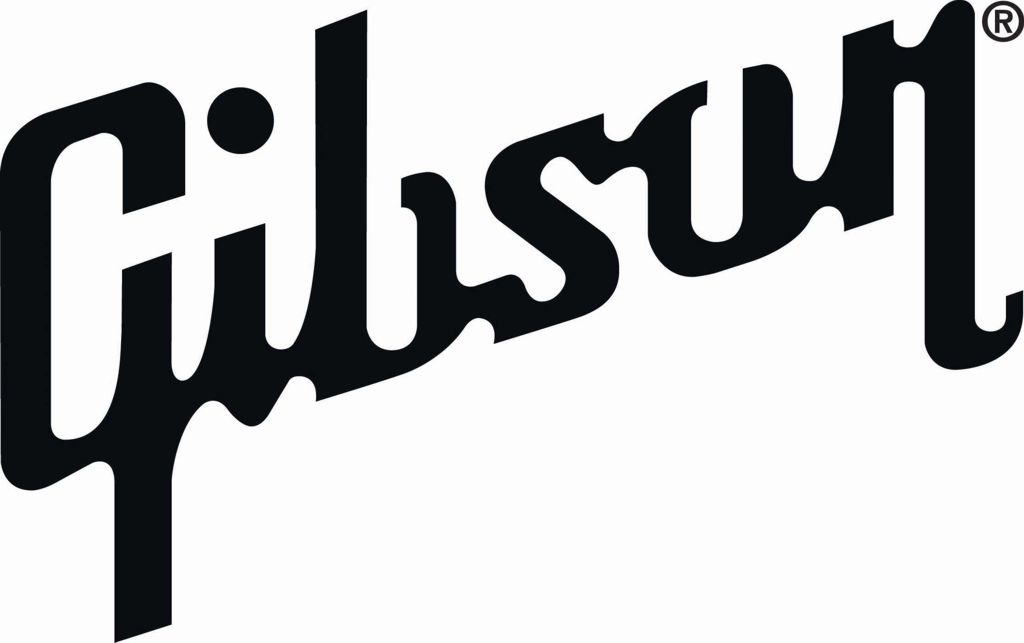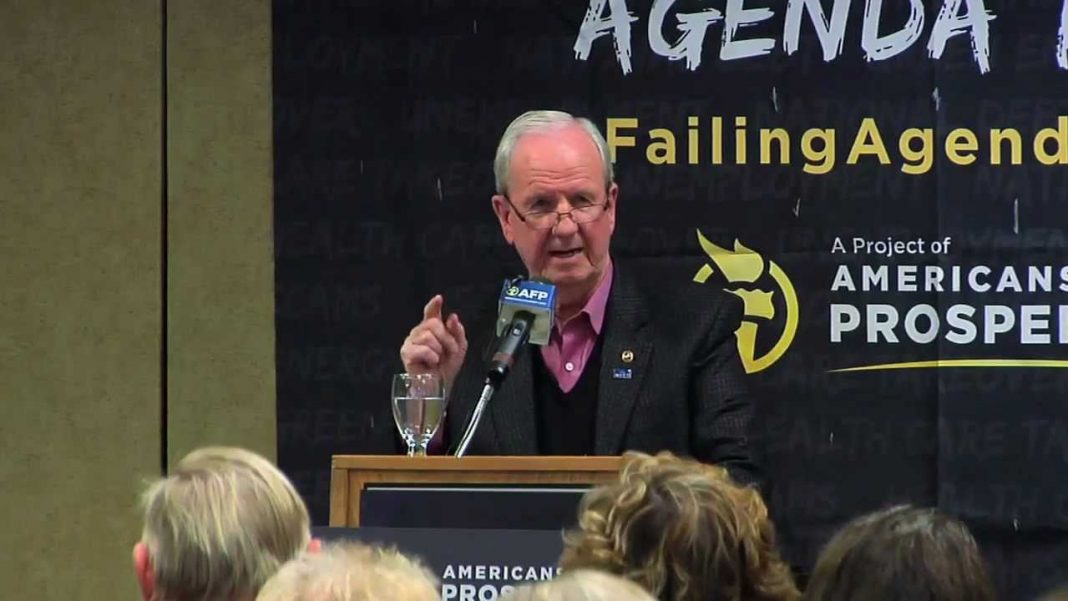Government Agrees it Will Not Prosecute Any Criminal Action Against Gibson – After many weeks of negotiation, Gibson has settled all issues with the U.S. Government and the Department of Justice. CEO Henry Juszkiewicz commented, “We felt compelled to settle as the costs of proving our case at trial would have cost millions of dollars and taken a very long time to resolve. This allows us to get back to the business of making guitars. An important part of the settlement is that we are getting back the materials seized in a second armed raid on our factories and we have formal acknowledgement that we can continue to source rosewood and ebony fingerboards from India, as we have done for many decades.”
Despite the fact that, “…the government acknowledges that Gibson has cooperated with the Government and the investigation conducted by the Fish and Wildlife Service”, Gibson was subject to two hostile raids on its factories by agents carrying weapons and attired in SWAT gear where employees were forced out of the premises, the production was shut down, goods were seized as contraband, and threats were made that would have forced the business to close.
CEO Henry Juszkiewicz commented, “We feel that Gibson was inappropriately targeted, and a matter that could have been addressed with a simple contact by a caring human being representing the Government. Instead, the Government used violent and hostile means with the full force of the U.S. Government and several armed law enforcement agencies costing the taxpayer millions of dollars and putting a job-creating U.S. manufacturer at risk and at a competitive disadvantage. This shows the increasing trend on the part of the Government to criminalize rules and regulations and treat U.S. businesses in the same way drug dealers are treated. This is wrong and it is unfair. I am committed to working hard to correct the inequity that the law allows and ensure there is fairness, due process, and the law is used for its intended purpose of stopping bad guysand stopping the very real deforestation of our planet.”
Gibson will publish the agreement and the attached Statement of Facts that both the Government and Gibson agreed to, so anyone can independently draw their own conclusions.
Possible questions and answers Gibson would give:
Q.1. In light of your previous outspoken condemnation of the Government’s conduct in this case, why are you taking such a moderate, mild-mannered approach in your official statement?
A.1.1. The company is gratified that the Government ultimately saw the wisdom and fairness in declining to bring criminal charges in this case.
A.1.2 The “Criminal Enforcement Agreement” we have entered into straightforwardly recognizes that it was inappropriate to criminalize this matter.
Q.2. In light of the Government’s lenient treatment here, does Gibson still believe that amendments to the Lacey Act are necessary to make the law more fair and reasonable?
A.2. Yes. The outcome here deals only with the particular controversy about the particular fact pattern. A true legislative reform is necessary to avoid systemic criminalization of capitalism, as I explained in my recent Wall Street Journal article.
Q.3. Wasn’t the Government’s conduct here, with its armed raid on your headquarters and manufacturing facilities, so outrageous and overreaching as to deserve further Congressional investigation, just calling a spade a spade?
A.3. I don’t retreat from any of my prior commentary, but I am gratified that this resolution puts the matter behind us. We are a forward-looking company hoping to move our business ahead in an environmentally forward-thinking way.
Q.4. The statement of facts includes Gibson’s official acknowledgement that you could have and should have exercised greater due diligence in regard to the importation of the questionable wood from Madagascar. Doesn’t this amount to an admission that the company violated the law, notwithstanding all your previous protests?
A.4. Gibson is strenuously dedicated to continuous environmental improvement. We want to be leaders in our business, and our business includes protecting the environment. We can always do better.
Q.5. This is a pretty unusual legal deal being executed here. It’s not a plea bargain, and it is not a traditional deferred prosecution agreement because there is no draft indictment or other criminal-charging document. But it’s apparently not a complete declination, as Gibson is at least paying a nominal penalty. How did you settle on this unique form of agreement, and doesn’t it represent just a fig leaf to cover the Government’s naked surrender?
A.5. The case is behind us. The extensive negotiations to reach this agreement succeeded in finding a balance that Gibson supports.





